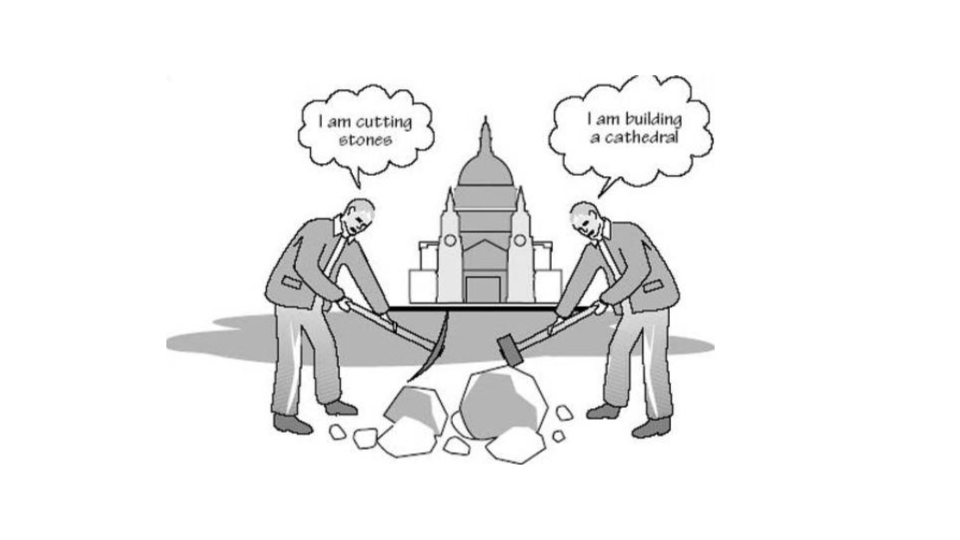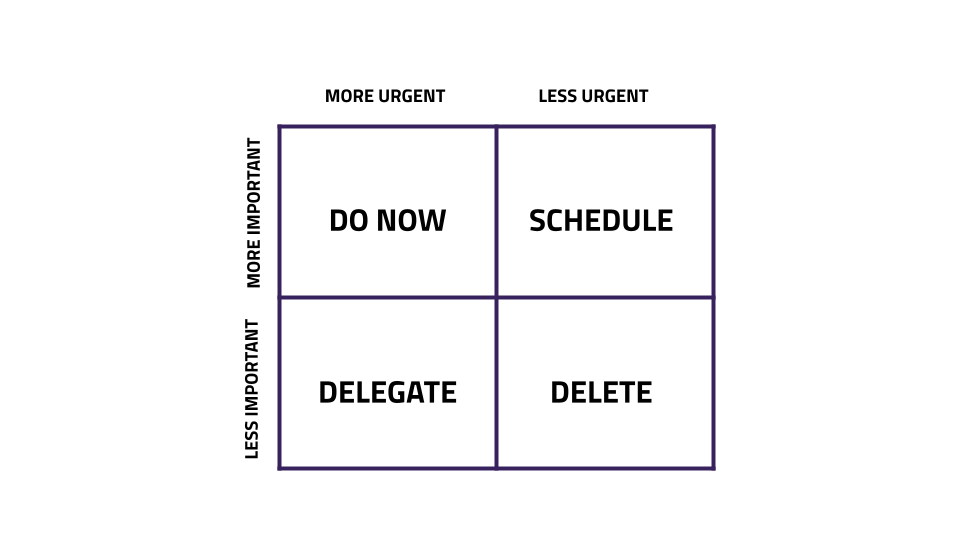31st March, 2023 •

Written by Anna Boon
10th January, 2024 • 5 minutes

Think about a time when you started a new job. Were there moments when you didn’t understand what you were meant to be doing? Did you spend ages on a task, only to find that you went in the wrong direction and had to start again?
What was the outcome?
Were you left feeling frustrated, whilst your manager felt irritated?
This is a very common situation and comes down to expectations not having been communicated clearly enough.
What are expectations and why are they important?
Expectations are beliefs or assumptions that something will happen. They are based around our understanding of the world and are different for all of us.
When expectations are not communicated properly, they are typically then not met and both parties can be left feeling misunderstood and frustrated.
For example, you were all set on having a nice evening in watching TV with your partner, but come 9pm, they’re still at their computer. You get more and more irritated and end up venting your frustration at them, but it turns out they had no idea that this was your expectation for the evening.
Consider another situation: You’ve been set a deadline for a piece of work. The scope of the work hasn’t been thoroughly outlined and you have a million other things in your calendar that, in your eyes, are equally as important. The deadline arrives and you share a quickly pulled together draft as you have been prioritising the other tasks.
What is the outcome?
You are left feeling like you have not done your best work and your manager is annoyed that you haven’t prioritised this work above the rest.
A survey conducted by YouGov tells us that team members who always understood performance expectations were 3-times more likely to have a clear career growth path. This would increase motivation in their role and promote company loyalty.
So what can we do to help manage expectations?
1) Schedule time to communicate your expectations
Often we think we’re too busy to explain something and delegate thoroughly, but if you put in the time now, you’ll save time in the long run, as projects will be completed in line with everyone’s expectations.
2) Share the big picture
Understand why you’re asking, or being asked, to do something. How does it tie into the big picture? Link the task to your vision, values and goals.
If we understand how a task fits into the bigger picture we will be more effective at prioritising all our tasks, feel more motivated to do them and do a better job.

3) Think and plan ahead
Use the schedule square to help prioritise tasks in order of importance and urgency to understand how this new project/task fits in with current workload. Talk through this with your manager to ensure you are both aligned.

4) Listen and check understanding
Actively listen when expectations are being discussed.And once each person has shared verbally check you’ve understood each other by repeating back. This helps ensure you are both on the same page and nothing has been missed.
5) Keep communicating throughout the process
Check in with each other along the way. Keep the other person in the loop with your progress on a task, otherwise they can be left guessing whether you are on track. You can agree the frequency of this ahead of time; do they want weekly emails, a monthly call or regular slack messages? Decide together what will work best.
In summary
When expectations are misaligned this can lead to frustration and arguments. Here are five strategies to communicate expectations effectively and avoid this.:
Get in touch If you’d like to learn more about managing expectations and conflict resolution at work to achieve great results.